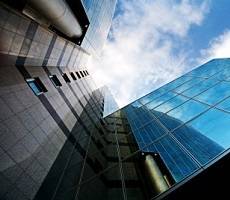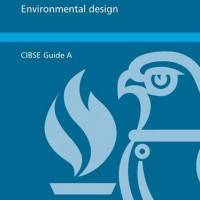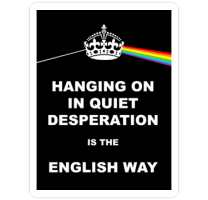February 12, 2016
Unpredictability and office environment are key causes of workplace stress 0
 The two most common factors influencing work related stress levels are unpredictability (26 percent) and workplace environment (21 percent) according to a poll by US jobs site CareerCast.com. The results, based on 834 respondents found that most of the respondents (62 percent) rated their jobs as highly stressful, while just 11 percent felt the amount of stress on the job was low. Other key stressors were deadlines (20 percent) and safety of others (16 percent). Interestingly, few people felt that length of work day/week (7 percent), personal well-being in danger (5 percent), potential for promotion (3 percent) and travel (1 percent) were major job stressors. Any number of factors can contribute to an unpredictable workplace; either the flow of responsibility changes from day-to-day with new tasks added or changed at random intervals or expectations may change. Running a close second is the workplace environment and culture, which includes interactions with bosses, co-workers and clients/customers.
The two most common factors influencing work related stress levels are unpredictability (26 percent) and workplace environment (21 percent) according to a poll by US jobs site CareerCast.com. The results, based on 834 respondents found that most of the respondents (62 percent) rated their jobs as highly stressful, while just 11 percent felt the amount of stress on the job was low. Other key stressors were deadlines (20 percent) and safety of others (16 percent). Interestingly, few people felt that length of work day/week (7 percent), personal well-being in danger (5 percent), potential for promotion (3 percent) and travel (1 percent) were major job stressors. Any number of factors can contribute to an unpredictable workplace; either the flow of responsibility changes from day-to-day with new tasks added or changed at random intervals or expectations may change. Running a close second is the workplace environment and culture, which includes interactions with bosses, co-workers and clients/customers.











 A new meta analysis compiled by researchers from Harvard Business School and Stanford University raises questions about the way Government and organisational policies designed to tackle the problems of work related health costs in the United States have largely ignored the health effects of ‘psychosocial workplace stressors’ such as high job demands, economic insecurity, and long work hours. The analysis of 228 existing studies assessed the effects of ten workplace stressors on four specific health outcomes. The researchers claims that job insecurity increases the odds of reporting poor health by about 50 percent, high job demands raise the odds of having a diagnosed illness by 35 percent, and long work hours increase mortality by almost 20 percent. They argue that any policies designed to address these issues should account for the health effects of the workplace environment.
A new meta analysis compiled by researchers from Harvard Business School and Stanford University raises questions about the way Government and organisational policies designed to tackle the problems of work related health costs in the United States have largely ignored the health effects of ‘psychosocial workplace stressors’ such as high job demands, economic insecurity, and long work hours. The analysis of 228 existing studies assessed the effects of ten workplace stressors on four specific health outcomes. The researchers claims that job insecurity increases the odds of reporting poor health by about 50 percent, high job demands raise the odds of having a diagnosed illness by 35 percent, and long work hours increase mortality by almost 20 percent. They argue that any policies designed to address these issues should account for the health effects of the workplace environment.

















September 24, 2015
Weighing up the pros and cons of the BREEAM environmental standard 0
by Charles Marks • Comment, Environment, Facilities management, Workplace design
More →